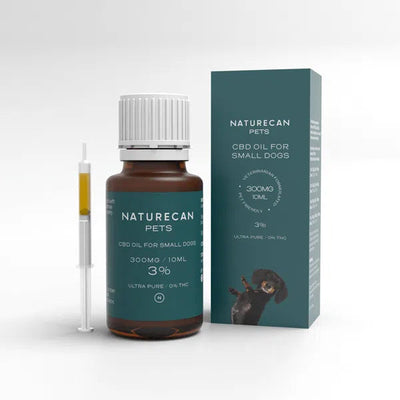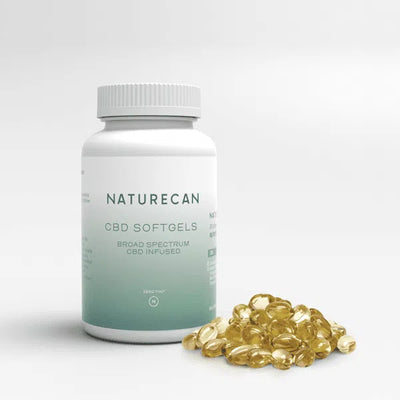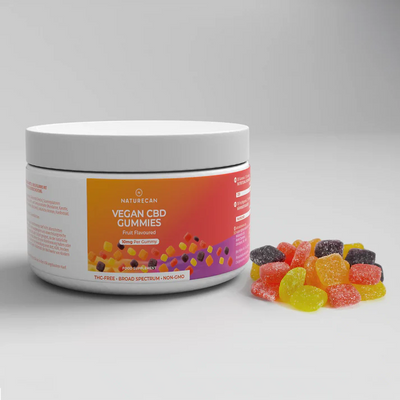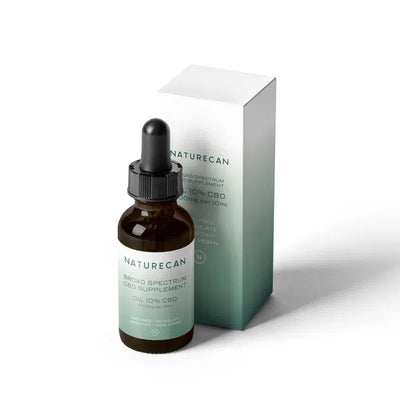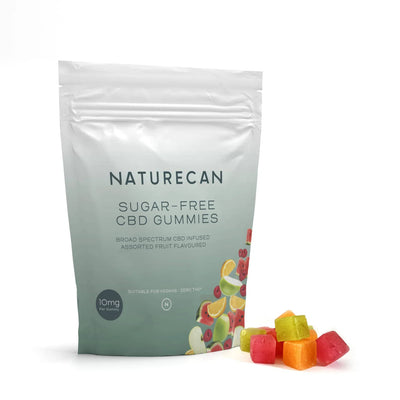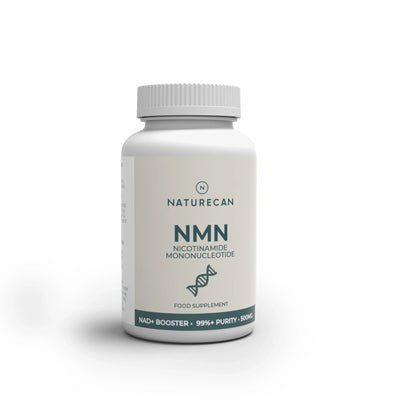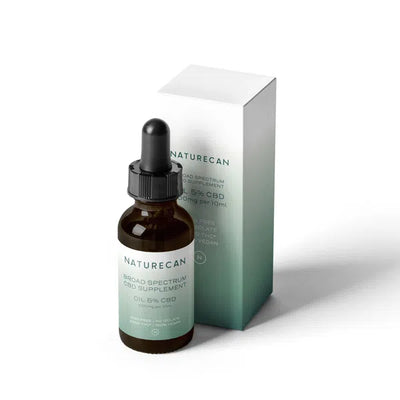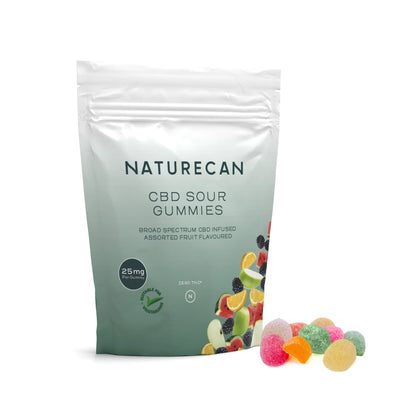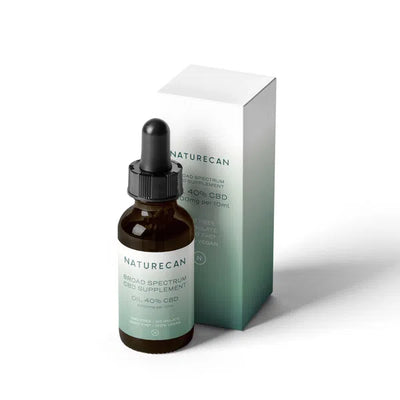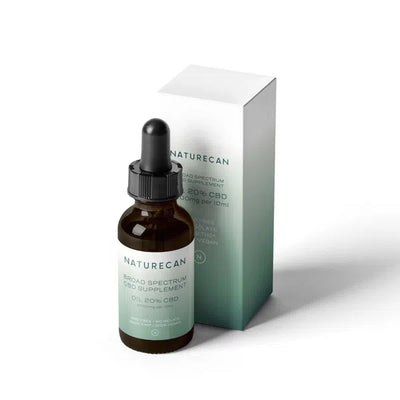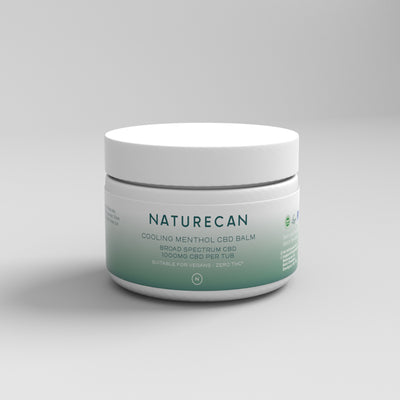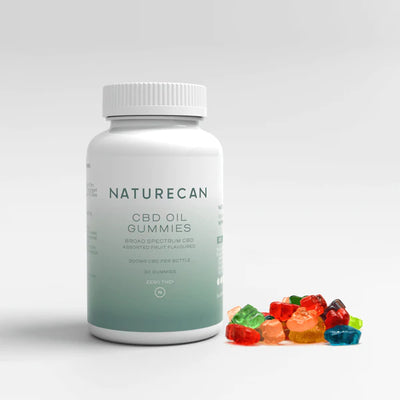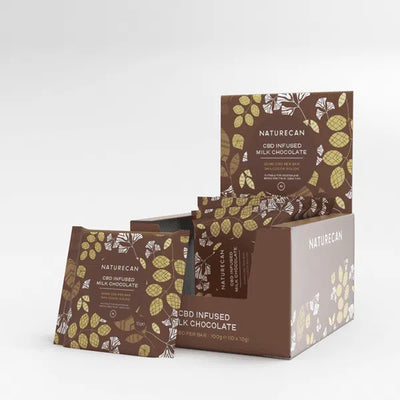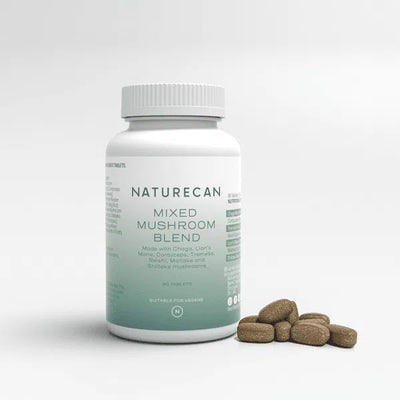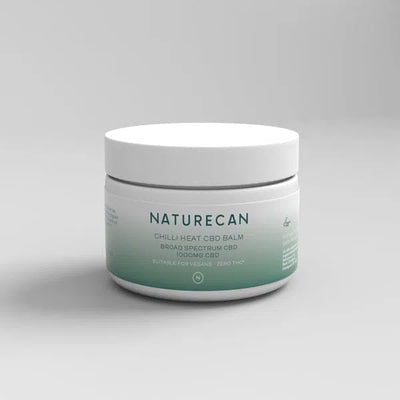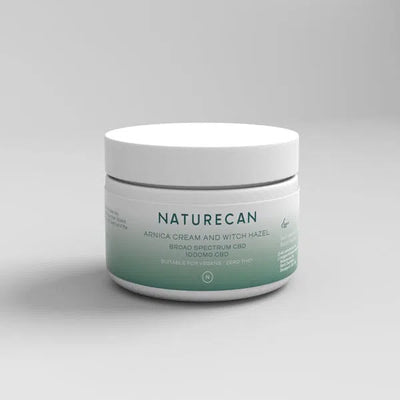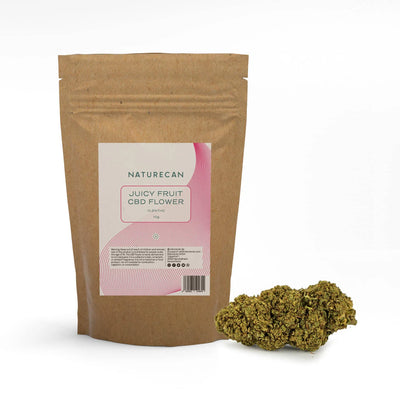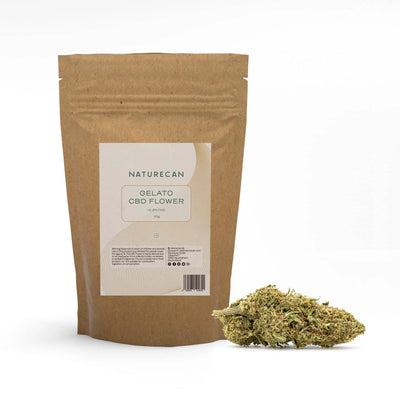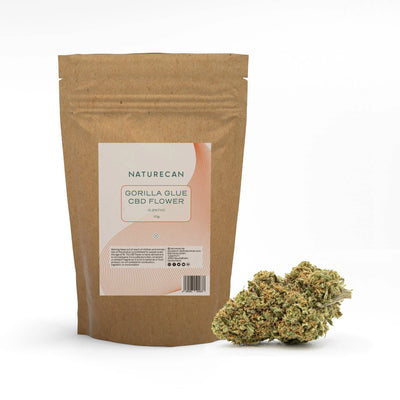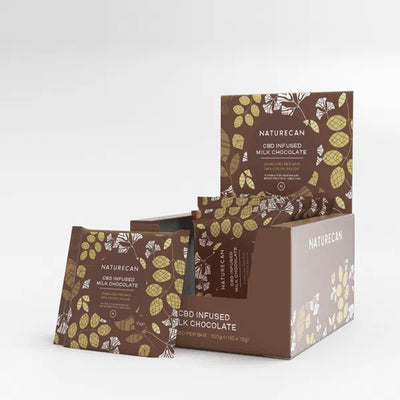Ease Cannabis Withdrawal Symptoms with CBD: Your Comprehensive Relief Guide

CBD has gained attention for its potential therapeutic properties, but research also suggests that it may be helpful in managing cannabis withdrawal symptoms. Let’s explore the science behind common cannabis withdrawal symptoms and see how CBD performs as a possible treatment for the physical and emotional side effects of combating cannabis addiction.
What is cannabis withdrawal?
Cannabis withdrawal refers to the set of symptoms that some individuals may experience when they abruptly stop or significantly reduce their use of cannabis (marijuana). Cannabis is a psychoactive substance that contains the compound tetrahydrocannabinol (THC), which is responsible for its mind-altering effects.
While cannabis is not generally considered physically addictive in the same way as substances like opioids or alcohol, regular and heavy use can lead to the development of dependence in some individuals. about 3 in 10 cannabis users develop cannabis use disorder.
5 Common Cannabis Withdrawal Symptoms
According to clinical studies, symptoms of cannabis withdrawal may include:
1. Irritability – users may feel more easily agitated or irritable than usual.
2. Insomnia – difficulty falling asleep or staying asleep is a common symptom.
3. Changes in mood – mood swings, anxiety, or depression may occur.
4. Appetite changes – people may experience a loss of appetite or changes in eating patterns.
5. Cravings – many have a strong desire to use cannabis again – peaking between day 2 and 6.
This same study also found 40% of people using cannabis three or more times a week will often experience multiple withdrawal symptoms.
Possible treatments for cannabis withdrawal symptoms
The treatment for cannabis withdrawal typically focuses on managing symptoms and providing support to individuals as they adjust to a life without cannabis. While there are no specific medications approved specifically for treating cannabis withdrawal, some traditional medical and therapeutic approaches may be used to alleviate symptoms. Here are some common strategies:
1. Symptomatic Treatment
Sleep aids: for individuals experiencing insomnia, short-term use of sleep aids may be considered under the guidance of a healthcare professional.
Anti-anxiety medications: In cases of severe anxiety, a doctor may prescribe medications to help manage symptoms

2. Behavioural Therapies
Cognitive Behavioural Therapy (CBT): According to the NHS, CBT can be effective in helping individuals identify and change patterns of thinking and behaviour that contribute to cannabis use.
It may also assist in managing withdrawal symptoms and preventing relapse.
Motivational Enhancement Therapy (MET): MET is a therapeutic approach that aims to enhance an individual's motivation to change and make positive choices regarding substance use.
2. Behavioural Therapies
Cognitive Behavioural Therapy (CBT): According to the NHS, CBT can be effective in helping individuals identify and change patterns of thinking and behaviour that contribute to cannabis use.
It may also assist in managing withdrawal symptoms and preventing relapse.
Motivational Enhancement Therapy (MET): MET is a therapeutic approach that aims to enhance an individual's motivation to change and make positive choices regarding substance use.
3. Support Groups and Counselling
Individual counselling: One-on-one counselling sessions with a therapist or counsellor can provide a supportive and confidential environment to address issues related to cannabis use and withdrawal.
Group therapy: Participating in group therapy or support groups can offer individuals the opportunity to connect with others facing similar challenges, share experiences, and receive support.

4. Lifestyle Changes
Encouraging the adoption of a healthy lifestyle, including regular exercise, balanced nutrition, and stress management techniques, can contribute to overall well-being during the withdrawal process.
5. Medical Monitoring
A healthcare professional may conduct a thorough assessment to identify any co-occurring physical or mental health issues that may contribute to withdrawal symptoms.

How to use CBD for cannabis withdrawal symptoms
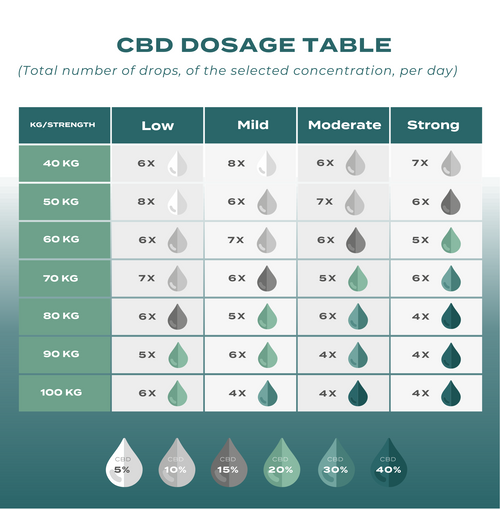
When considering using CBD for cannabis withdrawal symptoms, it's important to approach it with caution and under the guidance of a healthcare professional.
Consult with a healthcare professional
Before using CBD or any other supplement to manage withdrawal symptoms, it's crucial to consult with a healthcare professional. They can provide personalised advice based on individual health conditions, potential interactions with medications, and other factors.
Start with a low dose
Begin with a low dose of CBD and monitor the response. CBD affects individuals differently, and finding the right dosage may involve some trial and error. It's generally recommended to start with a low dose and gradually increase if needed.
Choose high-quality CBD products
Select CBD products from reputable sources that provide third-party testing for quality and purity. Look for products that contain pure CBD without significant levels of THC, the psychoactive component in cannabis.
Choose a CBD product that works for you
- CBD oil tinctures are one of the most common forms of CBD. They are taken sublingually (under the tongue) for fast absorption.
- CBD capsules offer a convenient and discreet way to take a controlled dose.
- CBD-infused edibles, such as gummies or chocolates, provide a tasty way to consume CBD. However, they take longer to produce effects.
- CBD creams and balms can be applied directly to the skin for localised effects.
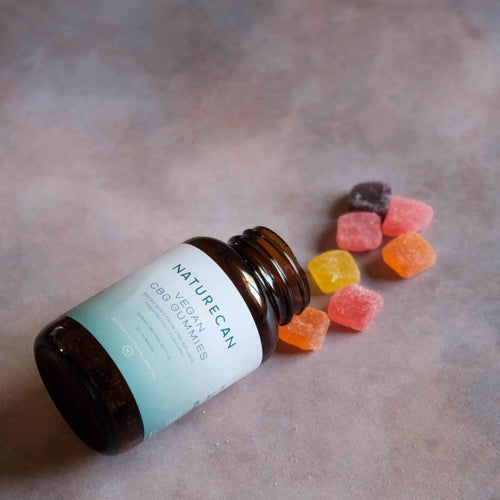
Consider full-spectrum or broad spectrum CBD
Some individuals find that full-spectrum CBD, which contains a range of cannabinoids, terpenes, and other compounds found in the cannabis plant, may have a more comprehensive effect.
However, be aware that full-spectrum products may contain trace amounts of THC.
Considering broad-spectrum CBD might offer a balanced solution for those seeking the benefits of cannabinoids without THC. With a range of compounds preserved, excluding THC, it holds promise for potential therapeutic effects, catering to various wellness needs.
Naturecan offers an extensive and exclusive range of quality broad-spectrum CBD products and supplements that are created using industry-leading technology and undergo rigorous testing practices with third parties in order to ensure product quality, customer safety and supply chain transparency.
Consistency is key
CBD may take some time to build up in the system and produce noticeable effects. Consistent use over time may be more beneficial than sporadic or occasional use.
Monitor for side effects
While CBD is generally well-tolerated, some individuals may experience side effects such as fatigue, changes in appetite, or digestive issues. If any adverse effects occur, it's important to discuss them with a healthcare professional.
Combine with other strategies
Using CBD as part of a comprehensive approach to cannabis withdrawal is often more effective. This may include counselling, support groups, behavioural therapies, and lifestyle changes.
Do not replace medical treatment
CBD should not be viewed as a replacement for medical treatment or professional guidance. It's essential to work closely with healthcare professionals to develop a comprehensive plan for managing withdrawal symptoms.
Remember that the scientific evidence supporting the use of CBD for cannabis withdrawal is still evolving, and individual responses may vary. What works for one person may not work the same way for another.
Additionally, it's important to note that CBD is not a cure for addiction, and individuals with substance use disorders should seek professional help for a comprehensive treatment plan.
CBD dosage for cannabis withdrawal
Determining the appropriate CBD dosage for cannabis withdrawal or any other condition can be complex and varies among individuals. Here are some general guidelines to consider when determining CBD dosage for cannabis withdrawal:
Consider body weight
Body weight can influence how individuals respond to CBD. As a general guideline, individuals with higher body weight may require higher doses, but this is not a strict rule.
Product potency
CBD products come in various concentrations. For example, a 10 mg dose of CBD in a low-potency product may have a different effect than a 10 mg dose in a high-potency product. Be aware of the CBD concentration in the product you choose.
Monitor and adjust
Pay attention to how your body responds to the initial dosage. If needed, gradually increase the dosage until you achieve the desired effects. However, it's essential to avoid excessive dosing.
Potential side effects of CBD
While CBD is generally considered safe for many people, it can cause side effects and may interact with certain medications or treatments.
- It's important to be aware of these potential considerations before using CBD, especially if you are managing withdrawal symptoms or any other health condition.
- Fatigue: Some individuals may experience drowsiness or fatigue, especially at higher doses.
- Changes in appetite: CBD may influence appetite, leading to increased or decreased hunger.
- Digestive issues: Some people may experience mild gastrointestinal discomfort or diarrhoea.
Dry mouth: CBD can reduce saliva production, leading to a dry mouth.

Interactions with other treatments
CBD can interact with enzymes in the liver responsible for metabolising many medications. This can affect the levels of these medications in the bloodstream. It's crucial to consult with a healthcare professional, especially if you are taking medications, to ensure there are no potential interactions.
Pregnancy and breastfeeding
There is limited research on the safety of CBD during pregnancy and breastfeeding. It's advisable for pregnant or breastfeeding individuals to consult with a healthcare professional before using CBD.
Underlying medical conditions
Individuals with certain medical conditions, such as liver disease or a history of mental health disorders, should use CBD with caution and under medical supervision.
Before using CBD, especially if you are managing withdrawal symptoms or are on medications, consult with healthcare professionals to ensure it is safe and appropriate for your individual circumstances.
Is CBD legal?
Consumer CBD (as distinct from medically prescribed CBD) is legal in the UK, provided it is derived from an industrial hemp strain that is approved by the UK and comprises less than 0.2% THC (tetrahydrocannabinol, a controlled substance under the Misuse of Drugs Act 1971).
CBD oils available at Naturecan all contain THC levels of less than 0.01% which is 20 times lower than the legal limit. This removal of THC from our CBD products is confirmed by external laboratories and a certificate of analysis can be found under each of our CBD products.
If you plan to travel with your CBD, or are based outside of the UK, it’s essential you check any legal restrictions with CBD as they do differ by region and country.
FAQs: CBD and cannabis withdrawal
What are the most common symptoms of cannabis withdrawal?
The most common symptoms of cannabis withdrawal are irritability, insomnia, changes in mood and appetite, and cravings. These generally peak between day 2 and 6.
How can CBD help manage these symptoms?
According to the science, CBD has shown potential in helping reduce anxiety and improve sleep – two of the main and most detrimental symptoms of cannabis withdrawal. Other research also suggests that CBD can even help reduce the likelihood of relapse.
Are there any risks to using CBD for cannabis withdrawal?
CBD is generally considered safe to take, however if you are taking a larger dosage to help offset symptoms caused by cannabis withdrawal, there are a number of potential minor side effects, such as dry mouth, diarrhoea, or fatigue.
How do I choose the right CBD product for my symptoms?
Choosing the right CBD product totally depends on the person and how you prefer to take it. CBD oil is the most common – it is easy to take and gets to work quite quickly. CBD capsules are another great option, especially if you need to be discrete or don’t like the earthy taste of CBD, however these take a little longer to have the desired effect.
Whatever you choose, it’s important to take note of the strength of each product. Start low and slow, building up your dosage until you reach the most effective limit for you and your needs.
Conclusion: Turning to CBD for withdrawal comfort
CBD (cannabidiol) shows potential as a supportive treatment in various conditions, including those related to withdrawal symptoms.
- CBD may have anti-anxiety properties, potentially helping to alleviate symptoms of anxiety associated with withdrawal.
- Some research suggests that CBD may have neuroprotective effects, which could be relevant in the context of substance use and withdrawal.
- CBD may assist with sleep-related issues, potentially addressing insomnia or disrupted sleep patterns during withdrawal.
Browse our selection of premium CBD products to help support any treatment plan aimed at reducing the symptoms of cannabis withdrawal.
